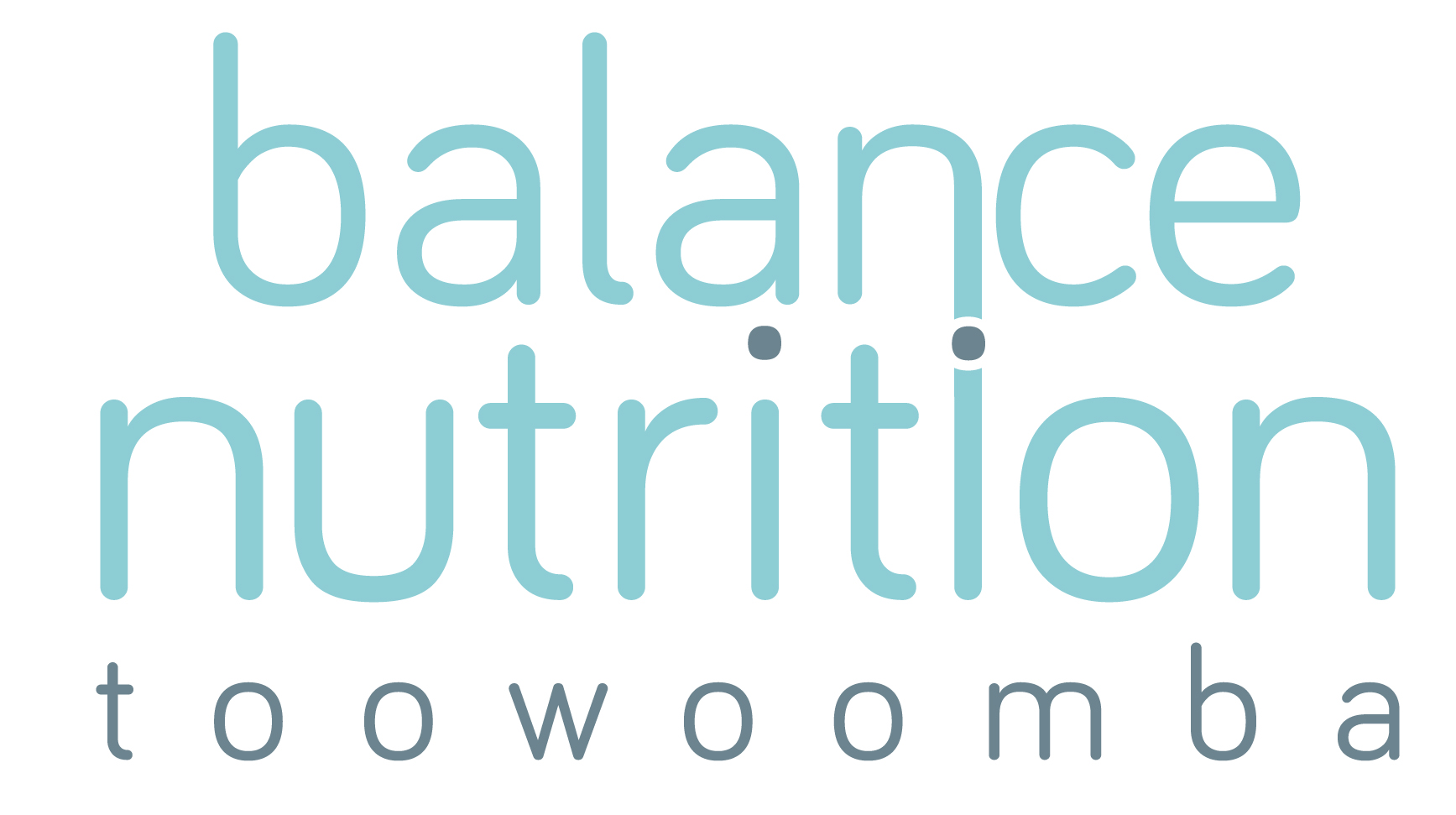How to Embrace Food Freedom This Easter
Easter is a time for celebration, connection, and enjoying delicious foods with friends and family. However, with all the sweet treats, it’s easy to feel overwhelmed, especially if you're trying to focus on your nutrition goals. This year, let’s embrace the concept of food freedom and redefine how we approach eating during the holiday season.
First of all, what is food freedom?
Food freedom is a powerful and liberating approach to eating. It means breaking free from restrictive diets, shame, and guilt, and instead, fostering a healthy relationship with food. It’s about allowing yourself to enjoy foods that bring you joy, knowing that balance and moderation are key to long-term health. When you practice food freedom, you embrace the idea that all foods can fit into your life, and that no single meal or treat will derail your overall health and wellness.
Why is food freedom important this Easter?
Easter can often trigger intense emotions around food. It’s easy to slip into the mindset of "I’ll be good until Easter, then I’ll indulge." This mentality can lead to guilt, overeating, or even stress surrounding food choices. Food freedom allows you to enjoy the Easter treats you love without the anxiety or guilt that often accompanies them. It’s a way of taking back control, feeling empowered, and remembering that Easter is about celebrating and nourishing both your body and soul.
Here are some of our dietitian's top tips to help you practice food freedom this Easter:
1. Don’t View Food As “Good” or “Bad”
One of the main principles of food freedom is challenging the idea that some foods are "good" or “bad”. This mentality often leads to feelings of shame or restriction when we indulge in what we consider “bad” foods. Instead of labeling foods in this way, focus on making food choices based on how they make you feel.
2. Focus on Mindful Eating
Mindful eating is an essential component of food freedom. Rather than scoffing down your meal quickly or multitasking while eating, try to slow down, savour each bite of your hot cross bun, and notice how it makes you feel. Mindful eating helps you tune into your hunger and fullness cues, making it easier to stop when you’re satisfied, not stuffed.
3. Balance Your Meals with Nourishing Foods
If you’re preparing an Easter brunch, consider including some foods that are high in protein and/or fibre (alongside the sweet treats of course). This will help you feel more satisfied and energised for the rest of the day. Some of our favourite brunch foods include yogurt with nuts and seeds, fresh fruit or a veggie frittata.
4. Remember the Meaning of Easter Beyond Food
Easter is a time of joy, renewal, and celebration. The essence of the holiday lies in the connection with others, the traditions you hold dear, and the experiences you share. Focusing on the joy of spending time with your loved ones, hunting for Easter eggs, or reflecting on the deeper meaning of the holiday can shift the focus away from food as the main event. Embrace the overall experience and remember that food is just one part of the celebration.
Wrap Up
Food freedom isn’t about restriction; it’s about embracing a healthier, more relaxed relationship with food that allows you to truly enjoy every moment. So go ahead, savour that chocolate egg (or two) and remember that you have the power to make choices that leave you feeling empowered and nourished.
Need More Guidance?
For individualised advice and support, our dietitian Henrietta, with her passion for inclusive, client-centered care through the Health at Every Size (HAES) approach, is here to help!
To book an appointment, visit the link below or call us on 07 4566 0765.
